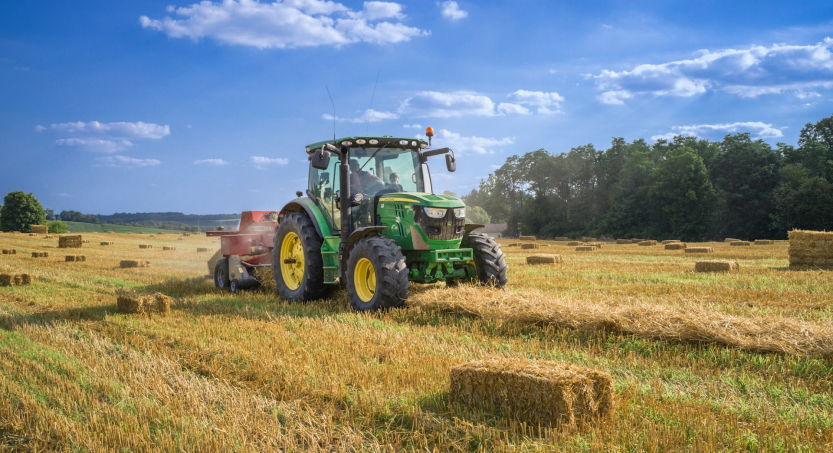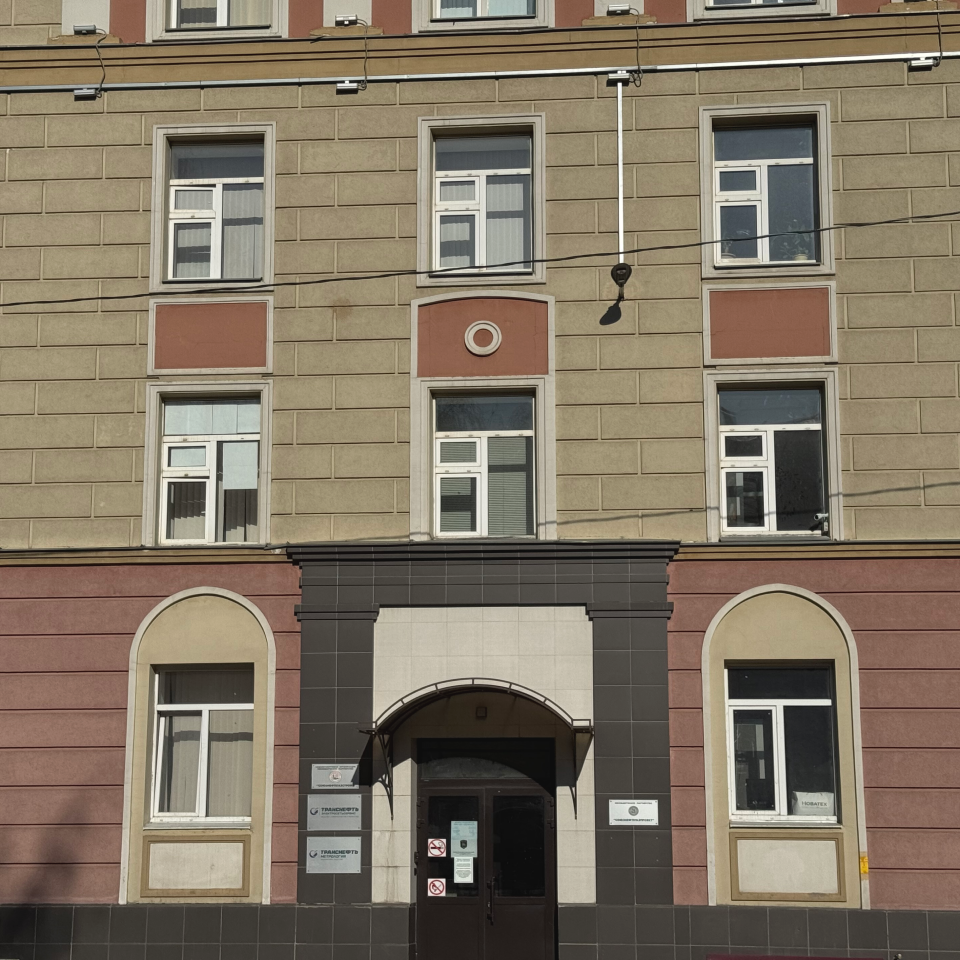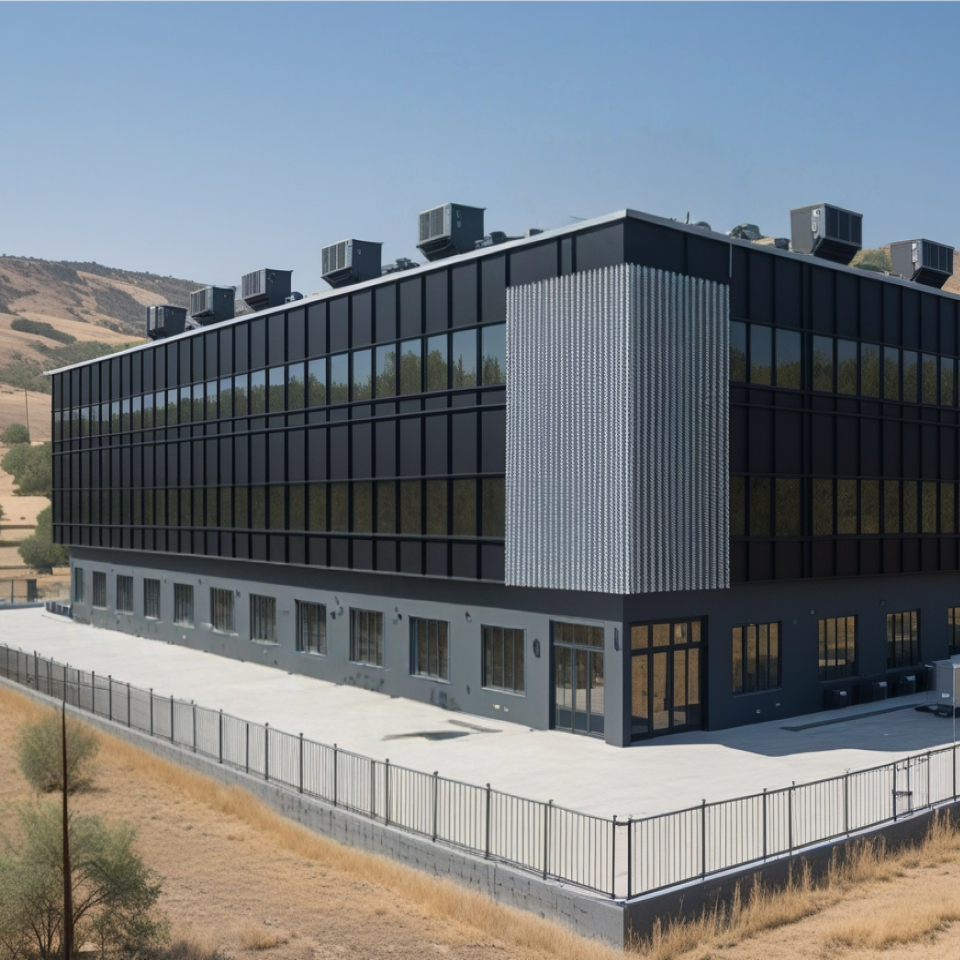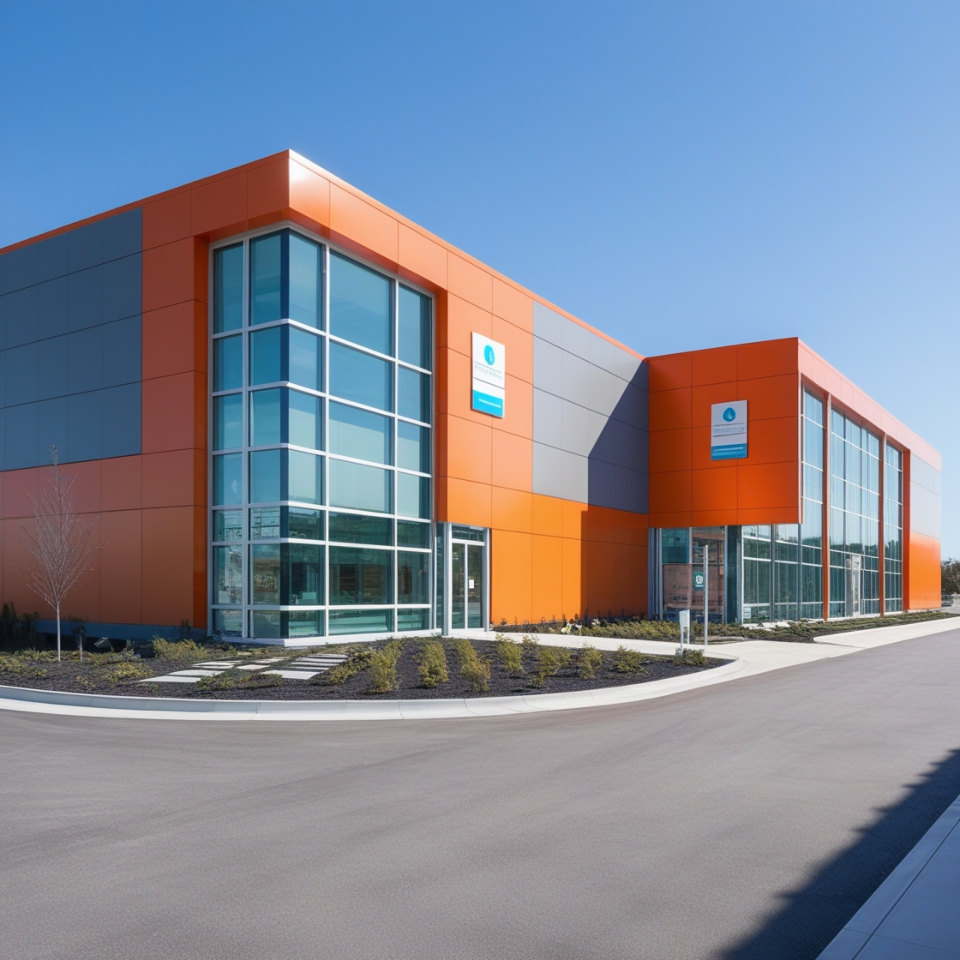
Automated process control systems in the agro-industrial complex represent an integrated solution aimed at optimizing all production stages, from sowing to storage and crop processing. Their application enables achieving high precision in agricultural operations, monitoring climate conditions, soil moisture levels, and nutrient content, which in turn contributes to increased crop yields and product quality.
The implementation of such systems in the agro-industrial complex promotes rational resource use, reduces losses and waste, and decreases labor costs. Process automation helps to reduce human factor influence, minimize risks associated with calculation and management errors, and ensure a higher degree of result reproducibility. The use of modern information technologies in agriculture provides the ability to rapidly analyze large data volumes obtained from sensors and navigation systems, enabling informed management decisions, prompt response to weather condition changes, and adaptation to them.
Thus, the integration of automated control systems into the agro-industrial complex and agriculture not only enhances production process efficiency but also contributes to the sustainable development of the industry, strengthens its competitiveness in the global market, and guarantees high product quality for consumers. This, in turn, leads to improved economic indicators and increased well-being of the population, making the implementation and development of such systems one of the priority directions in the country's modern economic policy.






